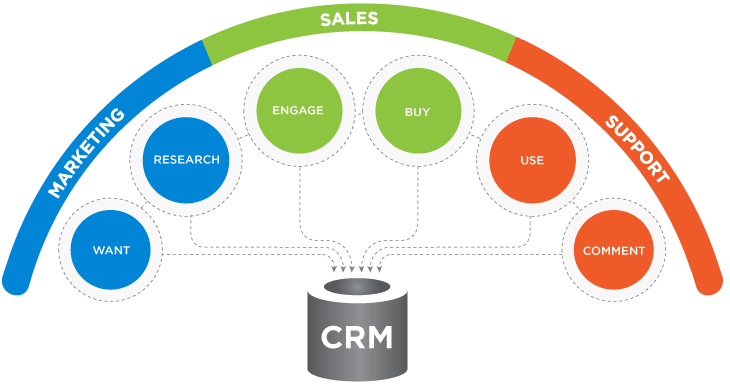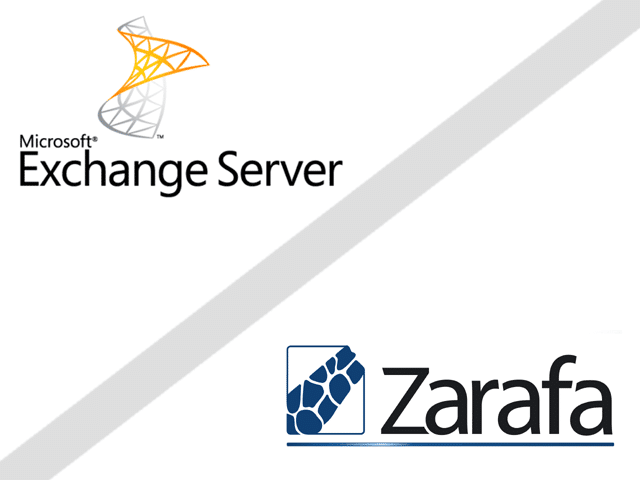How Can a Customer Relationship Management Software Help Me Get Serious About My Sales Process?

Customer Relationship Management (CRM) software is an especially useful solution for any business to utilize, as long as they do so with a strategy in mind. Let’s go over why this strategy is so important, and how it should be shaped. Let’s begin by defining what Customer Relationship Management really is, and how it can […]
Why Microsoft Exchange No Longer Has a Lock on Business Email

One interesting thing about Microsoft’s recent communications regarding its public beta of Office 2013 is that the emphasis has been entirely on the client-side and cloud-based aspects. To learn anything more about the new Microsoft Exchange server requires more digging. This is a sign of how Microsoft is shifting focus, and though it is keeping […]
Moving Your Business to the Cloud

Making the switch to cloud computing is both a painless and effective move that is crucial to your businesses productivity and efficiency. You will see vast improvements in your day to day operations when you utilize our cloud computing solutions and here is why. Collaboration Through cloud computing employees can share and edit projects simultaneously […]
3 Considerations to Make Before a Cloud Network Migration

Cloud network migration for most organizations is part of the future IT roadmap. Though cloud migrations sometimes remain stalled due to concerns over security as well as maintaining total cost of ownership (TCO) and return on investment (ROI), the next few years will see an inordinate growth in the amount of data center traffic coming […]
How do I choose the right MSP Managed Service Provider?

You know that choosing the wrong managed service provider can result in a company not only not growing at its projected pace, but can actually take a firm backwards. So, extensive research into the types of support and management available is essential, as is some way to make sure the decision results in obtaining everything […]

